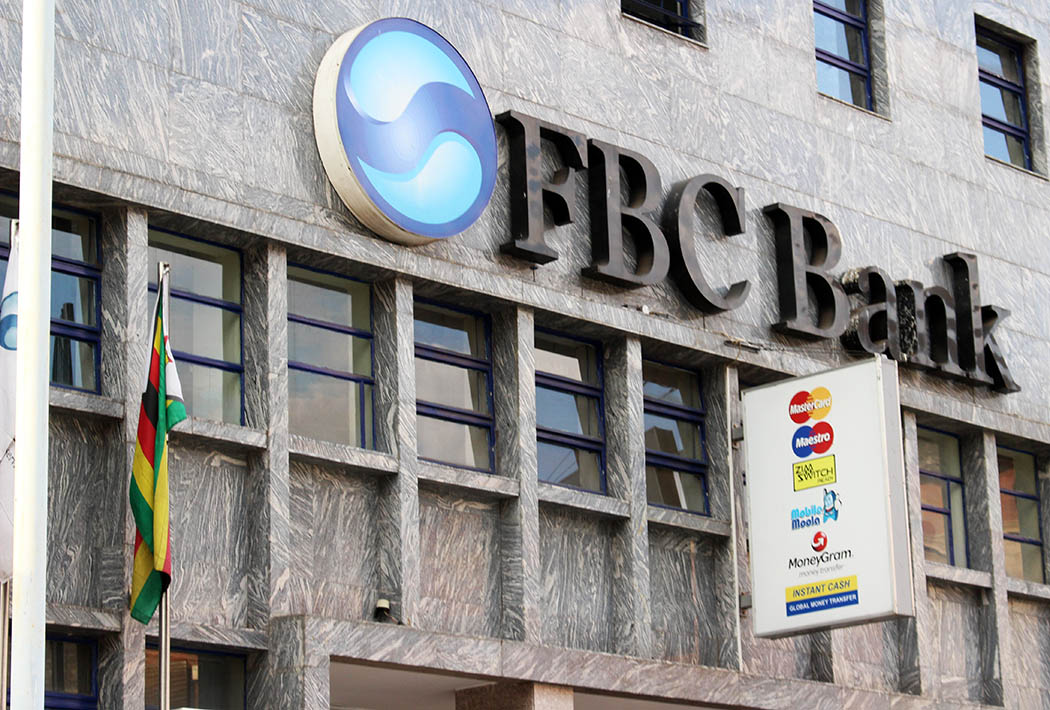‘Despite challenges, FBC achieves commendable financial results’
Financial services group FBC Holdings Limited has thrown its weight behind the Government’s raft of structural reforms aimed at improving the business climate, strengthening economic governance, and reducing vulnerabilities.
Macroeconomic stability is essential for sustainable growth and it involves maintaining stable prices, low inflation, and sound fiscal and monetary policies.
The Government’s commitment to restoring macroeconomic stability is crucial as it ensures confidence in the economy, attracts investment and supports poverty reduction efforts.
The group, in its abridged audited results for the year ended December 31, 2023, said the Government is making concerted efforts to re-engage with the international community, restore macroeconomic stability, and establish a track record of sound economic policies.
To that end, FBC Holdings said it will continually seek opportunities to promote sustained and inclusive growth that complements Zimbabwe’s development objectives embodied in the country’s National Development Strategy 1 (2021-2025).
The group’s chairman, Mr Herbert Nkala, said despite the challenges faced in 2023, FBC Holdings achieved a commendable set of financial results.
The Group’s profit before tax, adjusted for inflation, was $403,5 billion, which represents a 255 percent increase from $113,7 billion recorded in the previous year.
Mr Nkala said the notable performance was mainly driven by the growth in total income and in part, by cost containment.
In the period under review, the Group’s profit after tax increased by 443 percent to $327,4 billion.
Total income for the Group increased by 138 percent to $1,3 trillion, up from $533 billion, driven by the growth in all revenue streams, save for insurance and property sales.
Net interest income increased by 69 percent to $239,8 billion, compared to $142,2 billion in 2022, supported by a 121 percent growth in loans and advances, which closed the year at $1,6 trillion.
Mr Nkala said the Group’s banking subsidiaries experienced a higher demand for foreign-currency-denominated loans in response to increased usage of multiple currencies for local transactions.
Due to the demand, the loan book is now predominantly USD-denominated, Mr Nkala noted.
The Group’s statement of financial position strengthened to $3,4 trillion, anchored by a growth in loans and advances. Shareholders’ funds grew by 141 percent to $706 billion, mainly due to increased profitability for the year.
Mr Nkala noted that despite the growing disparity between the Zimbabwean Dollar (ZWL) and the United States Dollar (USD) in both the official and alternative markets, the bank believes that increased dollarisation will continue to stabilise the economy.
“While power outages have continued to have a significant impact on business productivity across all sectors, there was an improvement in power generation capacity in the second half of the year.
“The Government is making concerted efforts to re-engage with the international community, restore macroeconomic stability, and establish a track record of sound economic policies.”
Turning to the financial services, the industry remained stable and profitable in 2023 with Mr Nkala saying market liquidity tightened as the election period approached but gradually eased towards the end of the year.
“As a result, the financial services sector invested in various hedging strategies to preserve shareholder capital and profitability, resulting in increased revaluation and foreign exchange gains.”
On inflation, Mr Nkala noted that the Government was able to control high annual headline inflation by implementing strict monetary and fiscal policies despite a difficult start to the year.
“The inflation rate, which began at 34,8 percent, peaked at 44,1 percent in February but ultimately decreased to 26,5 percent by the end of the year. Additionally, the month-on-month inflation rate peaked at 12,1 percent in June, before dropping to 4,7 percent in December.
“Despite these fluctuations, the Group managed to hedge part of its balance sheet to preserve shareholder value. We commend the Government for its continuous efforts to address structural challenges and guide the country towards sustained economic growth and low inflation,” said Mr Nkala.
On the property market, Mr Nkala said although some sectors of the real estate market demonstrated resilience during the period under review, the overall market faced challenges due to the economic environment.
“Towards the end of the year, the multi-currency regime stabilised and there was increased circulation of the United States Dollar (USD), resulting in a slight growth in the construction of residential properties.
“Sales of residential properties, however, remained low due to the market’s insistence on foreign currency payments. Demand for Central Business District (CBD) office space continued to decline as most occupants shifted their preference to the suburban market. This shift was primarily due to high rentals, increased parking fees, and traffic congestion in the CBD.”-chronicle








